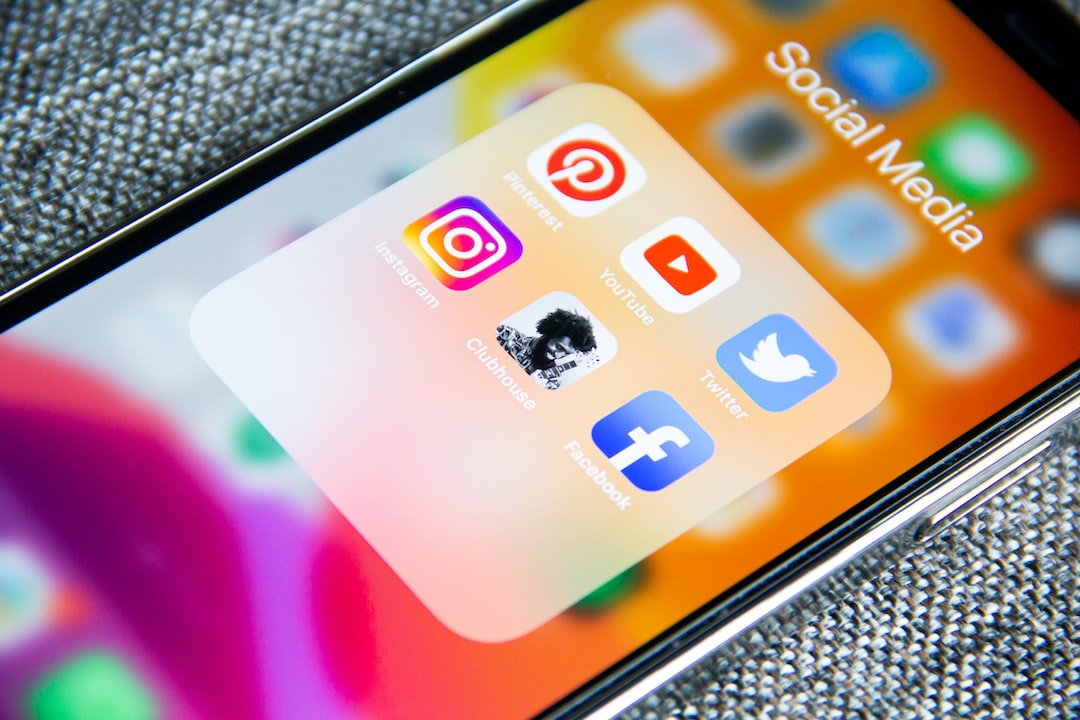The Role of Social Media in Shaping Cultural Movements
In a world increasingly connected by technology, social media has emerged as a powerful platform for individuals to freely express their opinions, gather support, and mobilize for change. As a result, it has played a significant role in shaping cultural movements across the globe. From the Arab Spring to the #BlackLivesMatter movement, social media has enabled people to challenge norms, promote social justice, and catalyze social change.
One of the most prominent examples of the power of social media in shaping cultural movements is the Arab Spring, which began in late 2010. Through platforms like Facebook, Twitter, and YouTube, Arab citizens were able to voice their frustrations and organize protests against oppressive regimes. Social media allowed for the rapid spread of information and created a sense of solidarity among protesters, ultimately leading to the overthrow of governments in Tunisia, Egypt, and Libya.
Similarly, the #BlackLivesMatter movement has gained significant momentum due to its strong presence on social media. Sparked by the killing of Trayvon Martin in 2012, #BlackLivesMatter has become a platform for activists to raise awareness about systemic racism and police brutality. Through hashtags, videos, and livestreams, the movement has been able to reach a global audience and mobilize protests and demonstrations across the United States and beyond.
Social media has also played a crucial role in promoting gender equality and feminism. The #MeToo movement, which gained traction in 2017, saw thousands of individuals using social media platforms to share their experiences of sexual harassment and assault. The movement served as a catalyst for discussions about consent, toxic masculinity, and the broader issue of violence against women. Through social media, survivors found the courage to break their silence and demand justice, triggering a worldwide conversation about gender inequality.
Furthermore, social media has given marginalized communities a voice, allowing them to challenge prevailing narratives and assert their cultural identities. For example, the LGBTQ+ community has found a platform for advocacy and representation through social media platforms like Instagram and TikTok. By sharing personal stories, creating online communities, and challenging stereotypes, LGBTQ+ individuals have been able to shape public opinion, educate others, and fight for equal rights.
Beyond its role in specific movements, social media has reshaped the cultural landscape by democratizing the consumption and production of content. Individuals no longer rely solely on traditional media sources for news and entertainment. Instead, they turn to platforms like Twitter, Instagram, and YouTube to find information and engage with content that aligns with their interests and values. This shift has allowed for the diversification of cultural narratives, as individuals have the power to curate their own online experiences and discover voices from different cultures and backgrounds.
However, while social media has undoubtedly empowered cultural movements, it also comes with its limitations and challenges. The prevalence of fake news, echo chambers, and online harassment can hinder progress and perpetuate division. The speed and ease of spreading information on social media can lead to the spread of misinformation and reinforce existing biases. Additionally, marginalized voices may still face significant barriers to access and representation online, limiting the full potential of social media as a platform for cultural movements.
In conclusion, social media’s role in shaping cultural movements cannot be underestimated. From the Arab Spring to #BlackLivesMatter, social media has provided a platform for individuals to challenge norms, advocate for social justice, and mobilize for change. It has given marginalized communities a voice, reshaped cultural narratives, and democratized the consumption and production of content. However, the influence of social media comes with its challenges, from the spread of fake news to online harassment. It is essential to navigate these complexities as we continue to harness the power of social media for positive cultural transformation.

